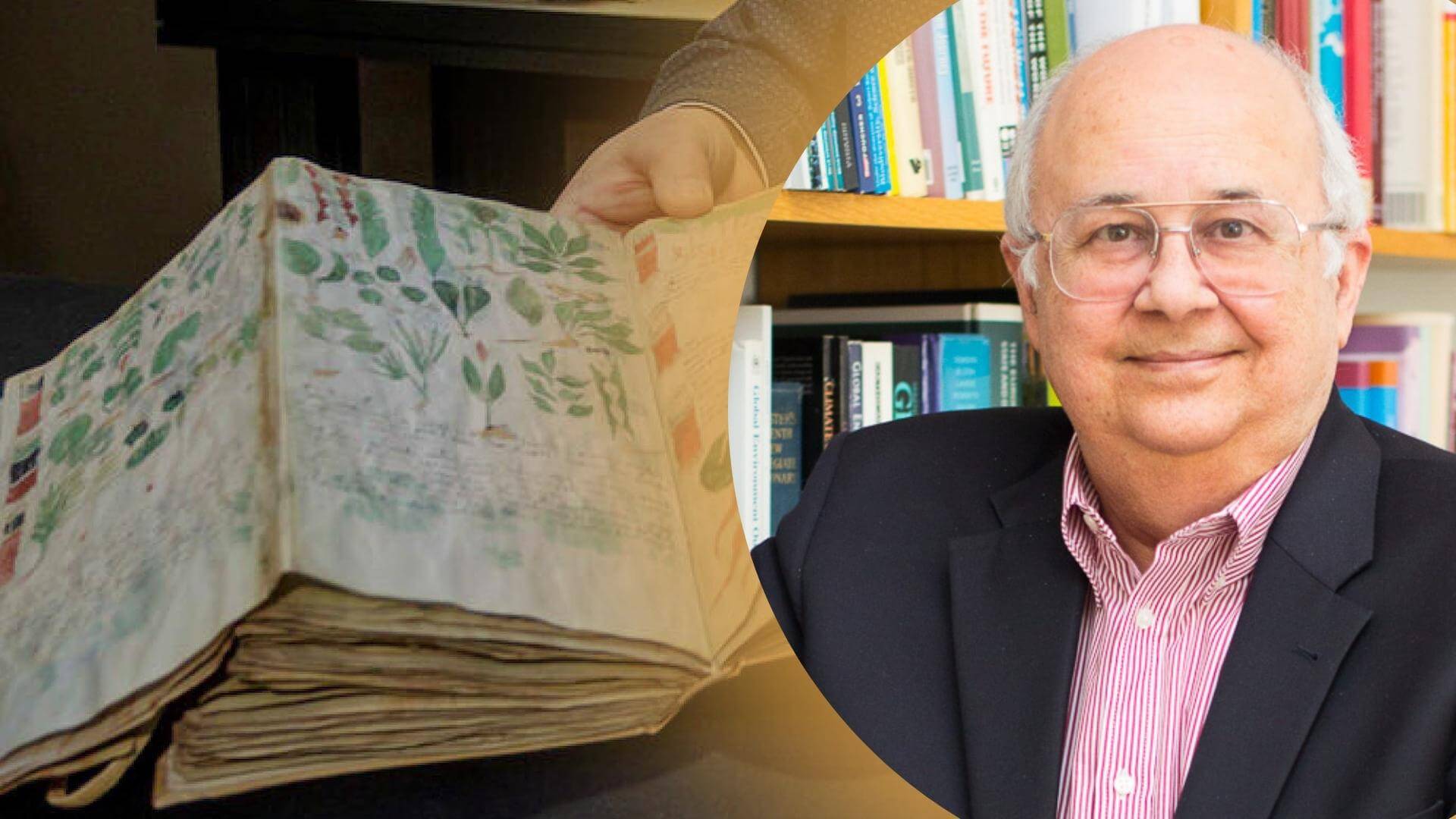
In these educational videos, Ismail Serageldin explores how the record of science has evolved from the earliest days of scientific inquiry, from Ancient Egypt and the beginnings of medicine, to the present day, to digital records and artificial intelligence.
Serageldin explores how science flourished around the world in step with the development of materials for writing and printing, as well as through the establishment of libraries and, later, learned societies, including some of the ISC’s Members.
The series decentralizes the history of scientific publishing, featuring an episode dedicated to the Muslim Golden Age in Science, before the focus shifts to Europe and the Renaissance. The importance of freedom for scientists to carry out research and publish and disseminate their findings runs through the series as a common thread.
“Real freedom of scientific debate, such as that which existed early on in the ancient Library of Alexandria, and the freedom of scientific debate that continued in the Muslim world all the way to the early Ottomans, would include enormous openness.”
Ismail Serageldin
Later videos go on to consider the foundations of the scientific method, before looking at the contemporary landscape for science and scientific publishing, and especially the role of libraries. The series ends with a look to the future, asking how technological developments will continue to affect the development of science and the scientific record.
“Will all these new breakthroughs and paradigms that have intensified the interaction between science, technology and society help us cope better with challenges such as environment, sustainability, poverty, inequality, peace?”
Ismail Serageldin
Ismail Serageldin is the Founding Director of the Bibliotheca Alexandrina inaugurated in 2002 and currently serves as Emeritus Librarian, and member of the Board of Trustees of the Library of Alexandria. He is a patron of the International Science Council.
This video series was developed as a contribution to the ISC’s project on the Future of Scientific Publishing.